Pondering the future of EU relations
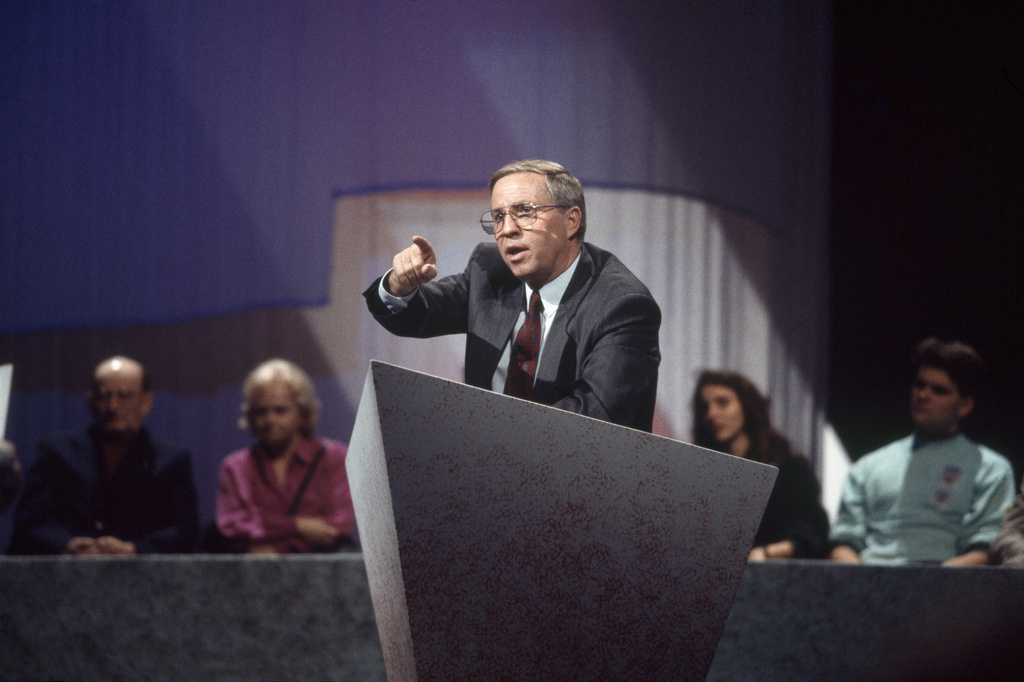
Talks between Swiss President Doris Leuthard and European Union leaders have triggered a media debate over Switzerland’s relations with Europe.
Newspaper editorialists have pointed to possible future scenarios following Monday’s joint decision in Brussels to try and simplify bilateral relations between the EU and non-member Switzerland.
The discussions come 20 years after voters’ rejection of the of the European Economic Area (EEA) – a halfway house to full EU membership.
It is not easy to find a common denominator in the commentaries of the main Swiss papers in the wake of Leuthard’s high-profile visit to Brussels.
If anything it is perhaps a certain impatience with politicians in general – and the government in particular – to press ahead now that there are clear signals that the EU is not willing to extend for long its current policy with Switzerland – namely that of numerous bilateral treaties.
“One can expect a concrete proposal from the cabinet to solve the impasse. It is not appropriate to shelve the issue ahead of general elections,” says the prestigious Neue Zürcher Zeitung.
In the background is the landmark EEA vote in 1992 which was rejected by the population following a campaign by the Swiss People’s Party.
This was a major defeat for the government and marked the rise of the rightwing party and its strongman Christoph Blocher.
EU membership has since been a delicate subject and most politicians prefer not to broach it, as bilateral treaties have seemed to be the only acceptable policy option.
Uneasy silence
“Who dares to raise the membership question again? Nobody. There is an uneasy silence over a crucial policy matter,” says the Liberté newspaper from Fribourg.
The NZZ, not unlike a recent study by the Avenir Suisse policy institute, concludes that it is an illusion to believe that Switzerland can count on the goodwill of Brussels for much longer.
Switzerland has not really been more autonomous than the countries which have joined the EEA, such as Norway, Iceland and Liechtenstein, observes the NZZ.
In a similar vein, the Geneva-based Le Temps asks whether Switzerland has any choice but to focus on an amended version of an EEA.
“The next stage could be a ‘Swissified’ form of the EEA and its mechanisms on the basis of subtle exceptions,” it said.
Taboo and myth
The Basler Zeitung takes a step beyond and calls for an, “honest presentation of the facts. The question of EU membership must not be a taboo”.
It warns that the Swiss might witness another nasty surprise if they wait much longer with planning ahead. Not unlike their cherished banking secrecy, the bilateral path might be blocked and another Swiss myth might come to an end.
The Tages-Anzeiger and Der Bund, in a syndicated editorial, point out that they expect more from the Swiss government than Leuthard’s appearance in Brussels on Monday presenting Switzerland as a model pupil towards the EU.
In a final analysis, the writer sees very limited options for the Swiss, “It all comes down to EU membership or staying outside”.
Old couple
But joining the EU leaves the Tribune de Genève unconvinced. It says Brussels has to accept that the Swiss are “not in love with the EU”.
“Switzerland and the EU are like an old couple. And – whether Brussels likes it or not, you can’t decree love.”
The writer also believes that the average Swiss doesn’t care much about debating the way ahead with the EU.
But nonetheless, away from the media speculation, EU relations could – once again – be a hot issue in the run up to the 2011 parliamentary elections.
The People’s Party leadership – often with infallible political instinct – has recently heated up the Europe debate, hoping that the issue will mobilise its grassroots.
Urs Geiser, swissinfo.ch
Possible scenarios put forward include a new attempt at joining the European Economic Area (EEA) treaty, albeit in an amended form, and full membership of the EU.
Brussels has made it clear it does not see a future for continuing a policy based on bilateral treaties with Switzerland.
The think tank Avenir Suisse also suggested a global alliance of small and medium-sized states in Europe, Asia and Latin America.
The main rightwing and centre-right parties, as well as the business community, say they want to continue the policy of bilateral treaties with Brussels.
However, the centre-left, particularly the Social Democrats, favour full EU membership.
Voters in 1992 narrowly rejected the European Economic Area treaty at the polls following a campaign by the rightwing Swiss People’s Party.
Switzerland is not a member of the EU but it has concluded 20 major bilateral agreements with the 27-nation bloc.
There are also about 100 secondary bilateral accords between Bern and Brussels.
Negotiations are underway for a bilateral treaty aimed at regulating access to cross-border electricity and a free trade accord on agriculture.

In compliance with the JTI standards
More: SWI swissinfo.ch certified by the Journalism Trust Initiative

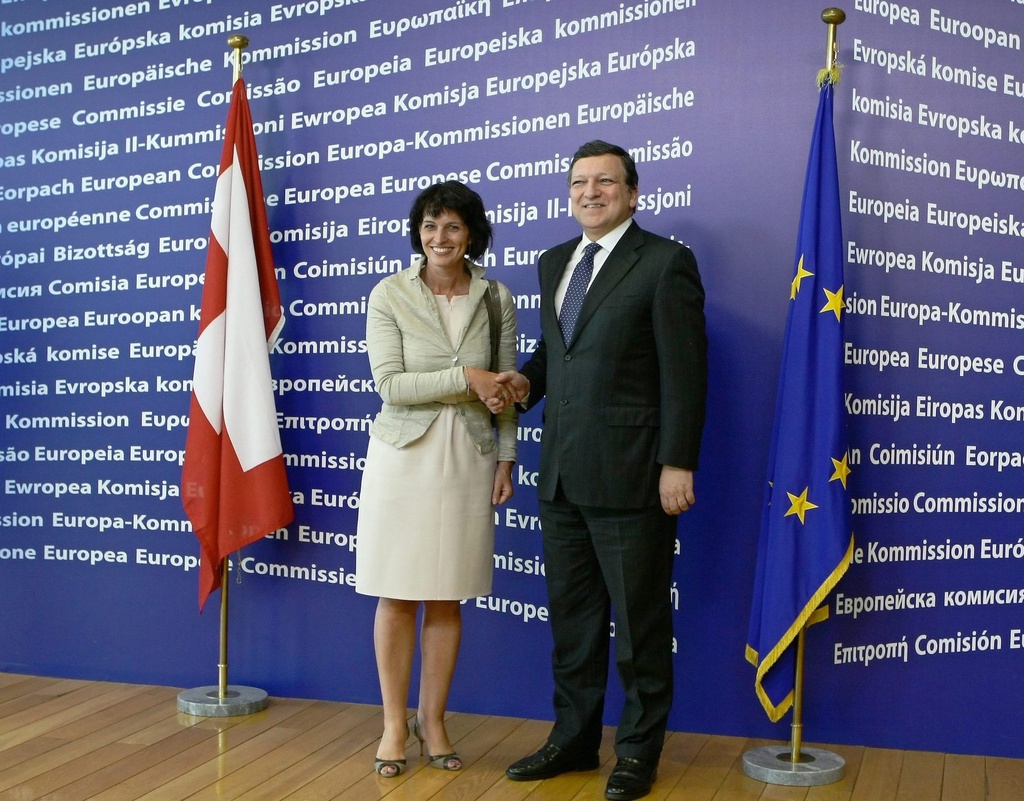
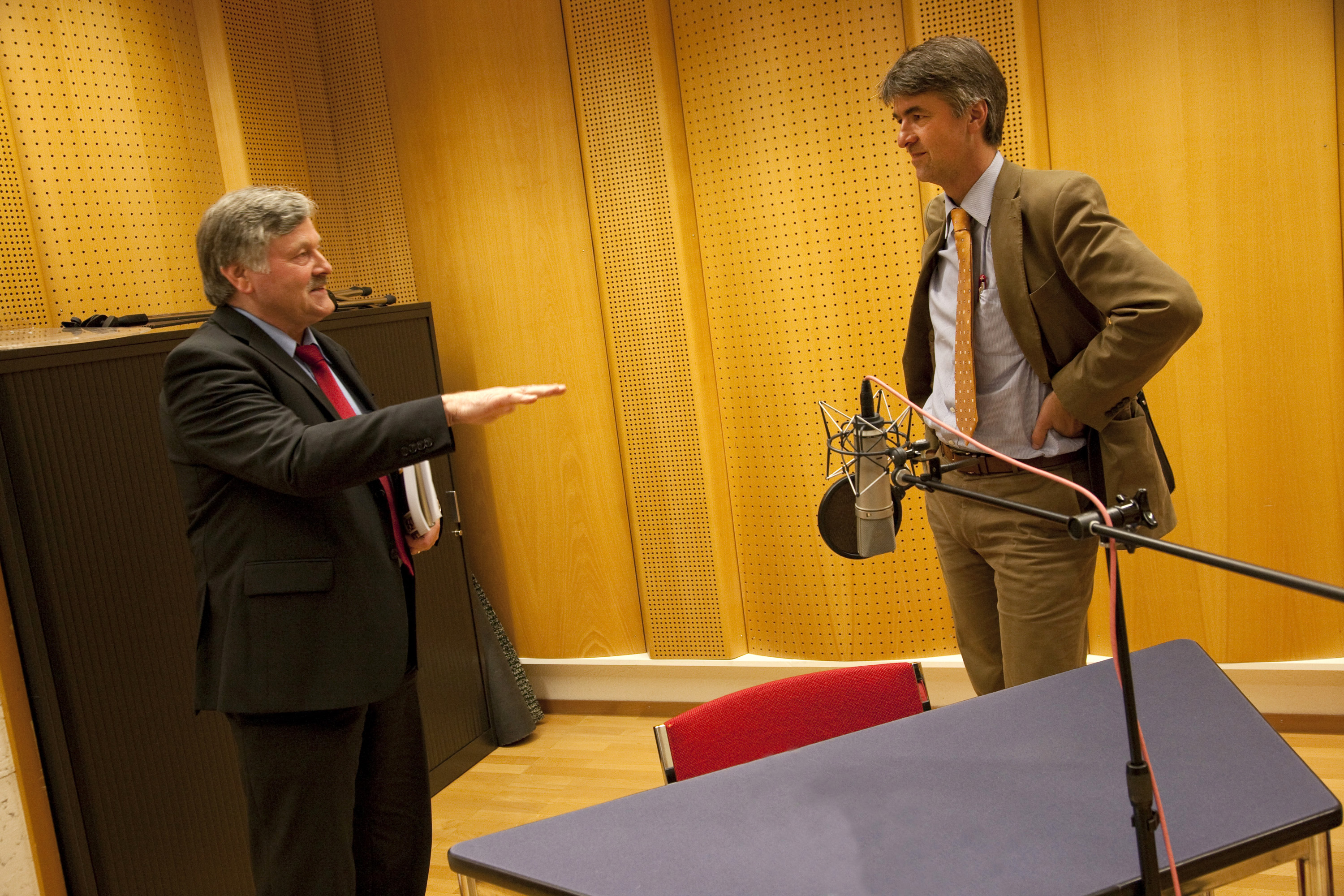
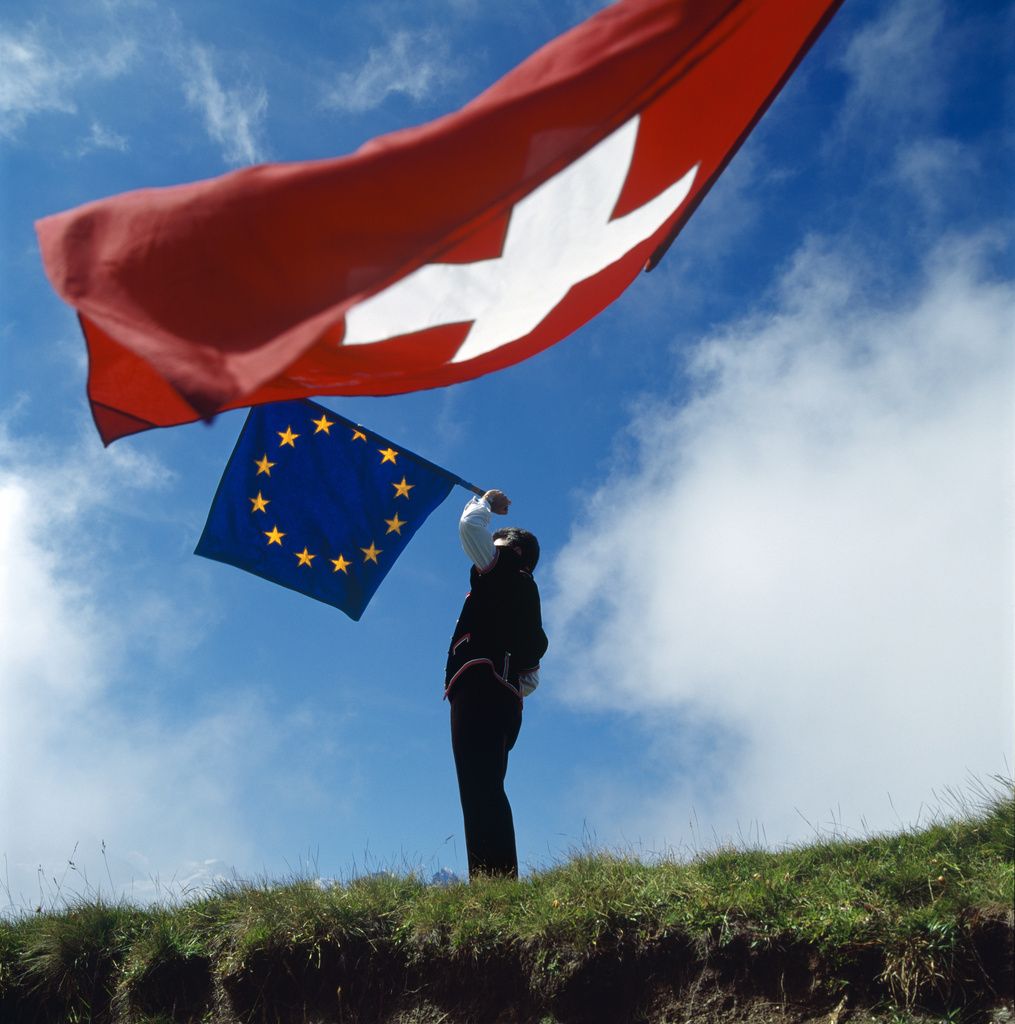
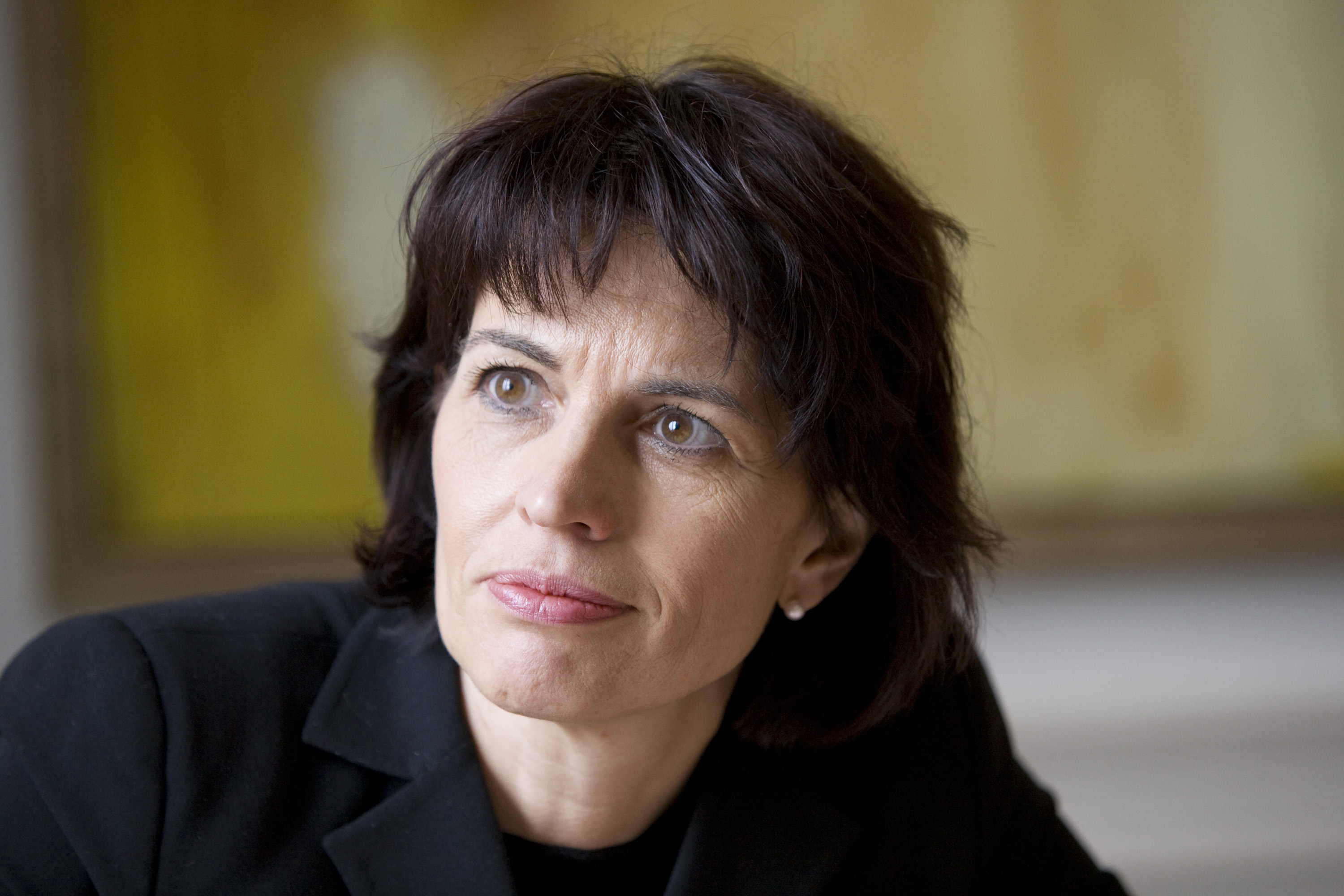
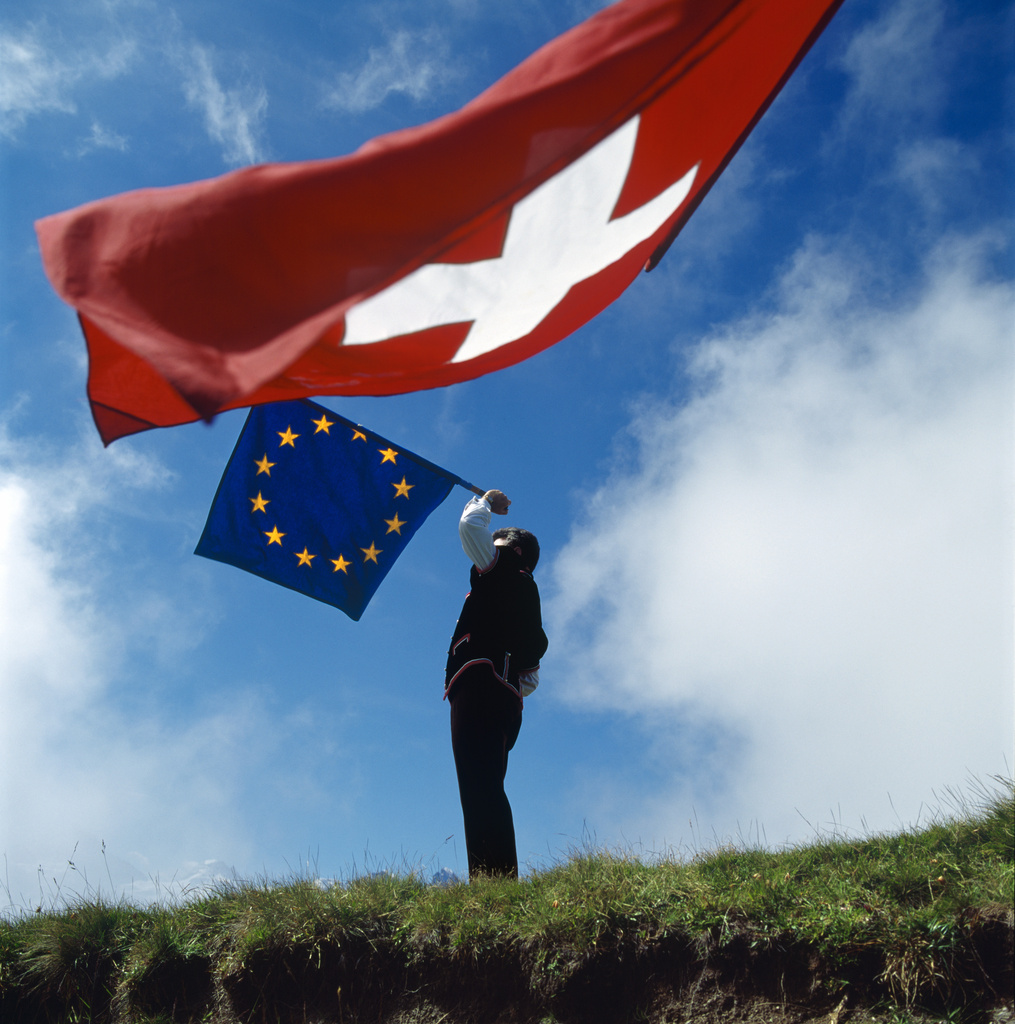
You can find an overview of ongoing debates with our journalists here. Please join us!
If you want to start a conversation about a topic raised in this article or want to report factual errors, email us at english@swissinfo.ch.